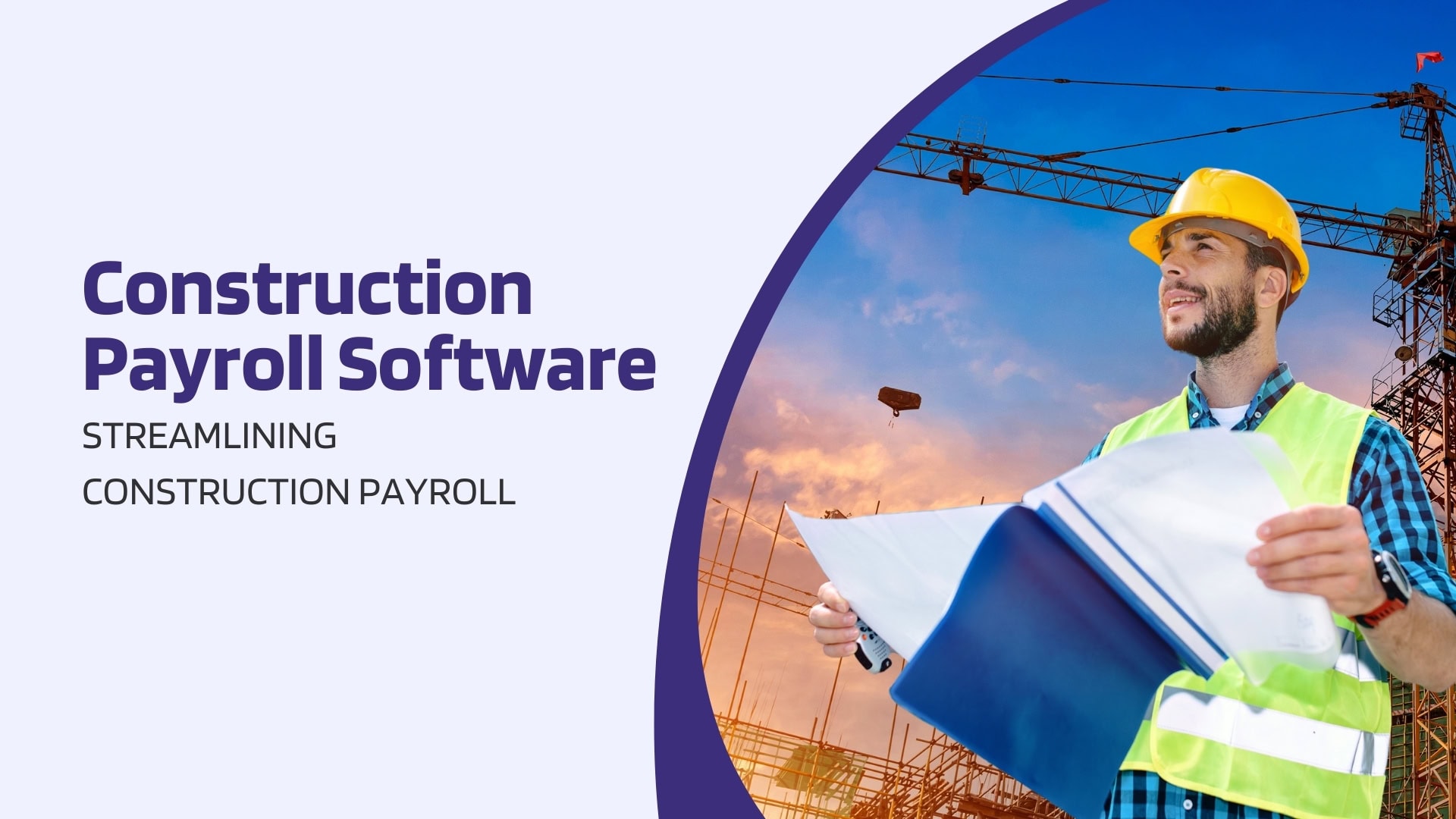
Construction Payroll Software: Streamlining Construction Payroll
Onsite 6 months ago

layersDaily Sustainability Digest
Published about 1 hour ago
The recalibration of carbon accounting standards is reshaping sustainable construction. The GHG Protocol’s new global standard for land‑use emissions and carbon removals is set to redefine whole life carbon assessment, closing gaps that previously allowed unverified claims. Developers working with timber and renewable building materials will be required to demonstrate permanence, traceability and true embodied carbon performance across the building lifecycle. Environmental product declarations (EPDs) must align with more rigorous whole life carbon methodologies, demanding that embodied carbon in materials and end-of-life reuse in construction are verified through lifecycle assessment rather than assumption. Investors and lenders are shifting towards net zero whole life carbon strategies based on verifiable data, compelling the industry to integrate lifecycle thinking in construction and transparent measurement of the carbon footprint of construction sites and supply chains.
Show MorearticleFeatured News

New Tariff Rate A Further Blow To Business - British Chambers of Commerce
2 hours ago

Business Spotlights: Compass Group
1 day ago

What is ISO 14064?
1 day ago

Green Public Procurement (GPP) How-To Guide
1 day ago

Shein sustainability claims challenged in Germany over greenwashing
1 day ago

ESG and compliance risks up 10% - What businesses must know
1 day ago
play_circleFeatured Videos

How a Mechanical Battery Could Prevent Deadly Blackouts
4 days ago

Circular Snapshots: Competitiveness, critical minerals & textiles EPR
5 days ago

Improving efficiency, safety and carbon performance using modern methods of construction
8 days ago

What This Aluminum‑Ion Breakthrough Means for You
11 days ago

Le greenwashing c'est quoi ? Tactiques & exemples
18 days ago

Why Everyone Gets Heat Pumps Wrong
18 days ago
podcastsFeatured Podcasts
![[191] – Ch-Ch-Ch-Changeprint! With Isabelle Sparrow from Carbon Copy](img/whole-life-carbon.jpg)
[191] – Ch-Ch-Ch-Changeprint! With Isabelle Sparrow from Carbon Copy
2 days ago

Regenerative Agriculture at Scale with Tom Brennan at McKinsey - Part 2
3 days ago

Episode 28 – Improving competency standards with Jon Vanstone, Gill Hancock and Faye Burnett.
4 days ago

Juan Carlos Valenzuela Castañeda on LEED for Communities & Designing with Nature
4 days ago

Circular snapshots: Competitiveness, critical minerals & textiles EPR
5 days ago

Transform Grounds and Landscaping with RC Mowers’ Colin Busse
5 days ago
Get your opinion heard:
Whole Life Carbon is a platform for the entire construction industry—both in the UK and internationally. We track the latest publications, debates, and events related to whole life guidance and sustainability. If you have any enquiries or opinions to share, please do get in touch.
WLC Assistant
Ask me about sustainability











